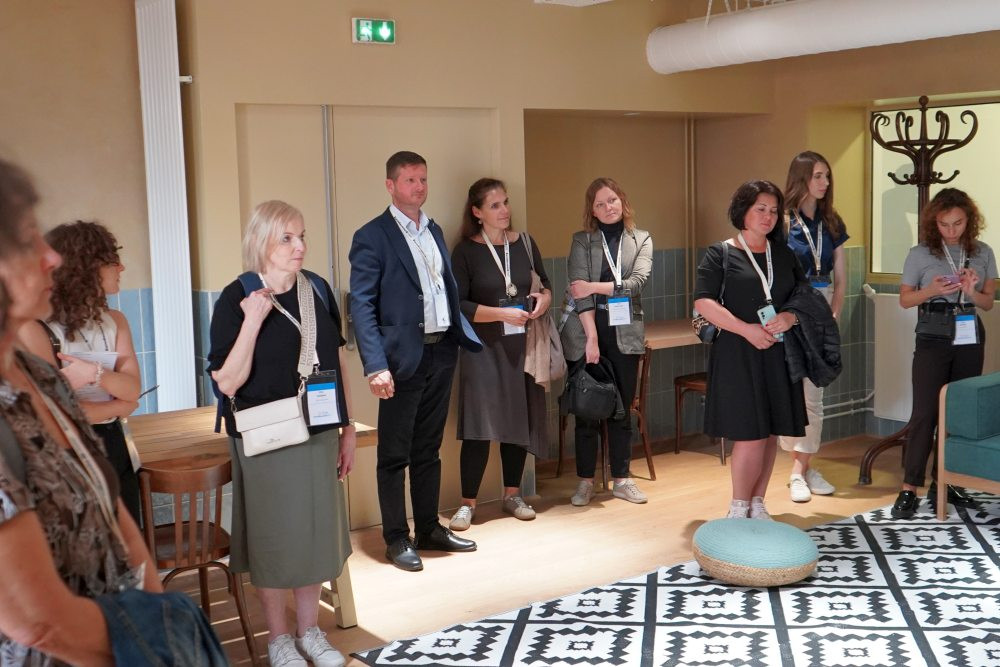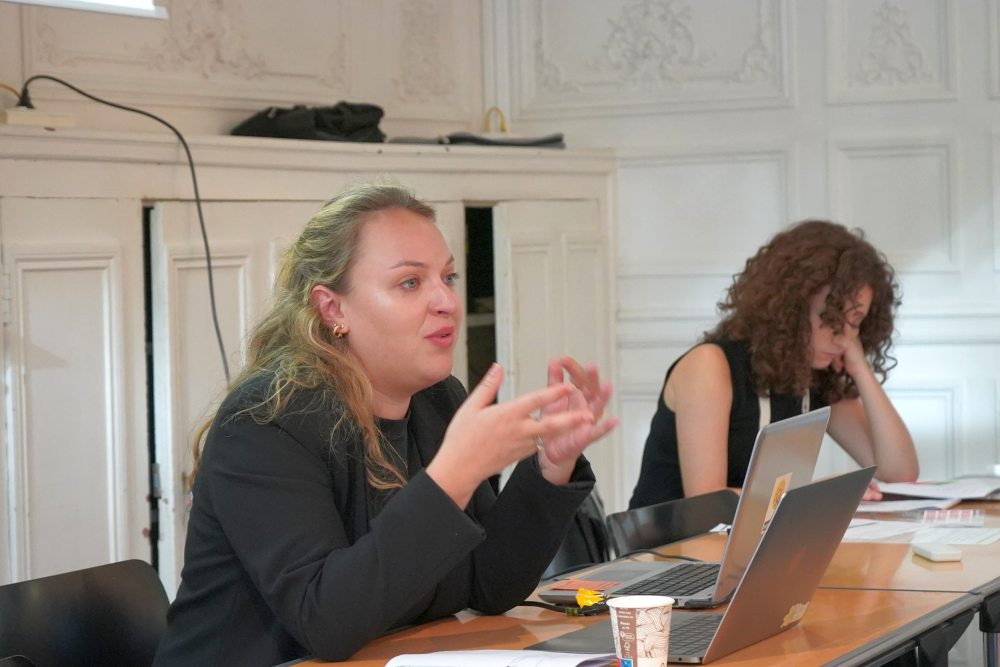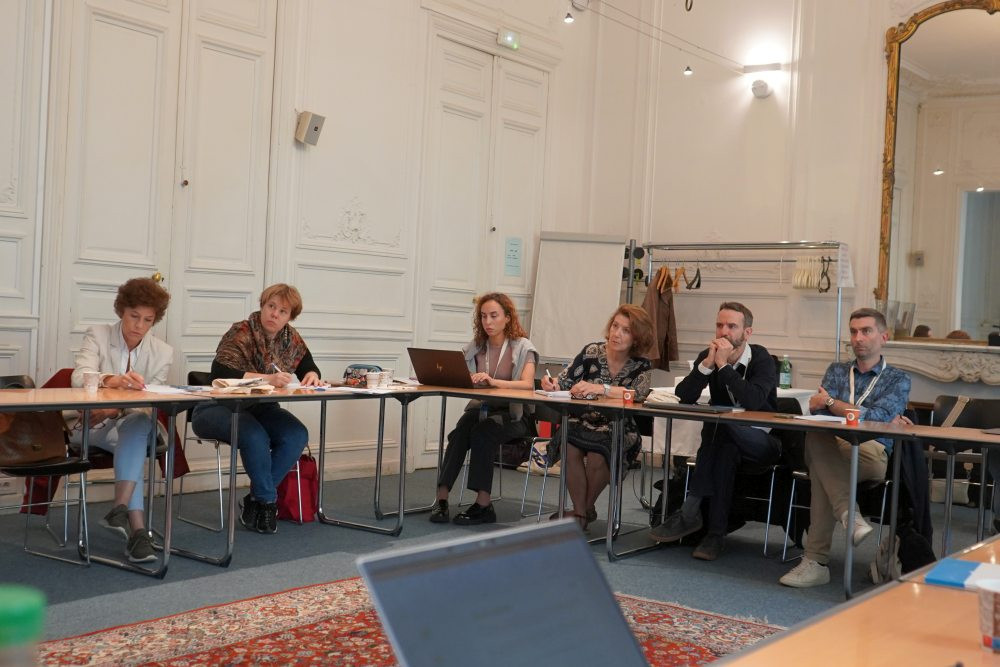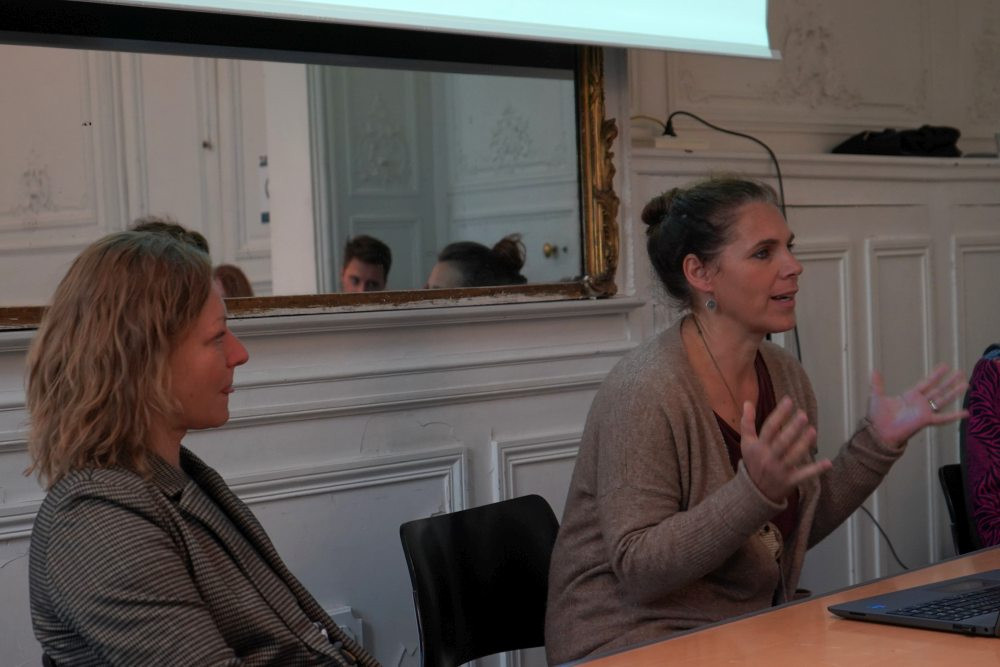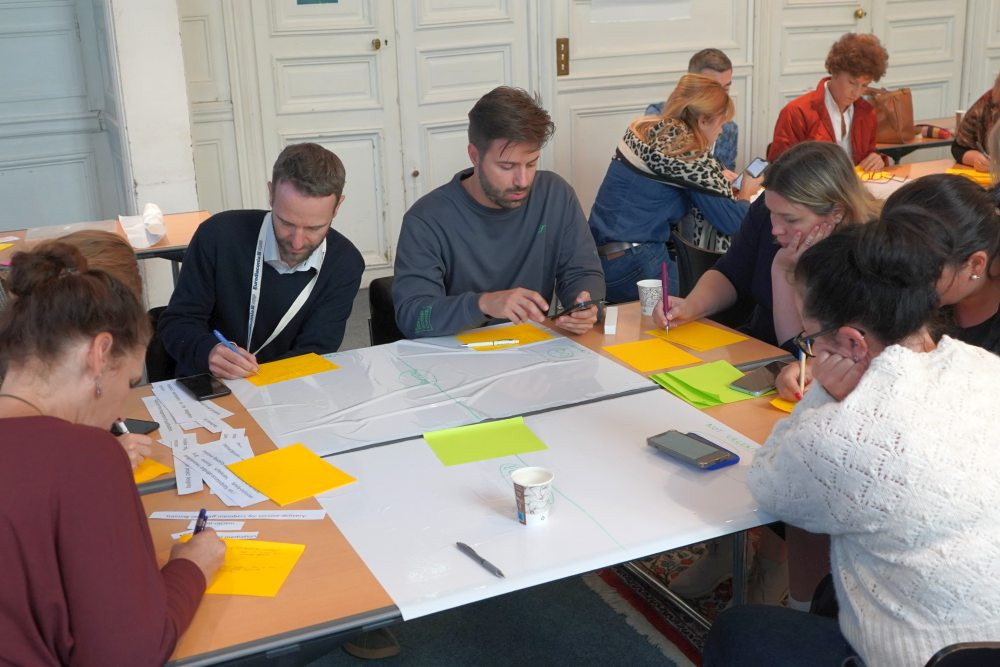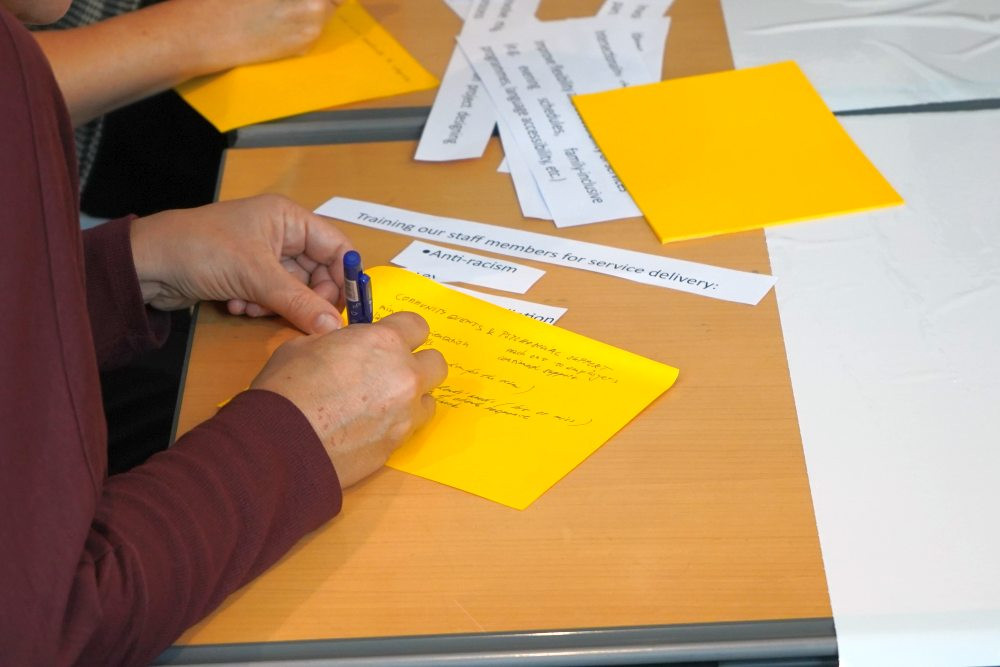A meeting of the Eurodiaconia's Network for Migration and Employment, Paris, September 25-26
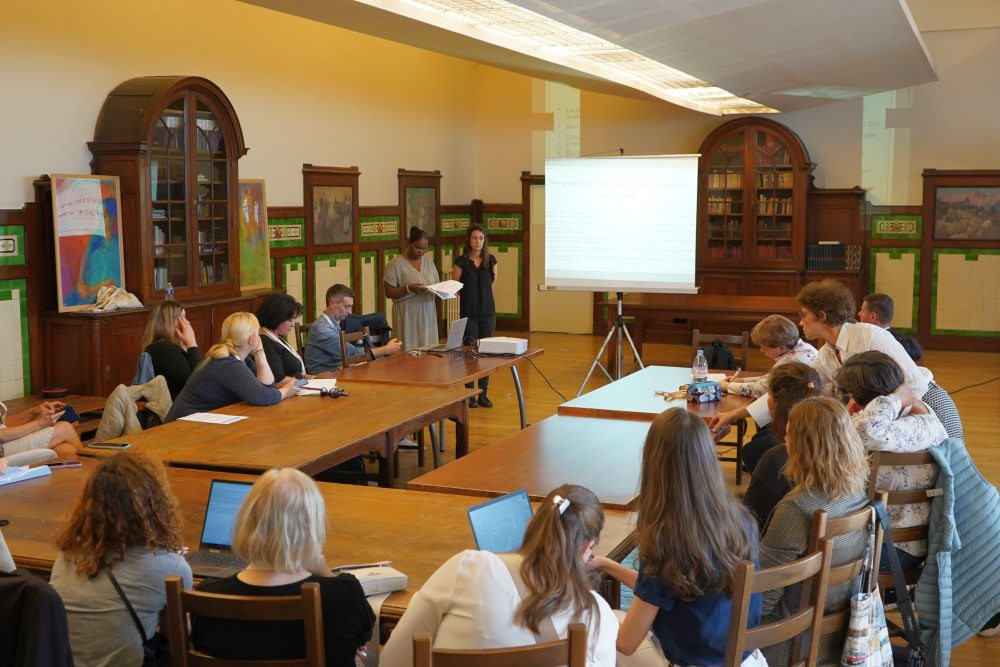
29. Sep 2023.
The challenges faced by migrant women in accessing quality employment was the main topic of the meeting of the Joint Network for Migration and Employment at the Eurodiaconia, which was held in Paris on September 25 and 26, 2023. The host of this year's gathering was Eurodiconie - Federation de l'Entraide Protestante (FEP).
In recent years, increasing attention has been paid to the need to approach the integration of migrants with an intersectoral and gender approach, especially due to the current circumstances and challenges faced by women migrants and refugees arriving in Europe. Compared to their counterparts, migrant women face greater difficulties than men in securing quality employment, access to training and language courses, as well as access to integration services. In fact, migrant women are one of the most excluded groups in society when it comes to access to the labor market. These obstacles are compounded by the cross-cutting gaps they face. Their migration status, gender, ethnicity and/or religion can contribute to multiple forms of discrimination. Indeed, the interconnectedness of these factors increases their vulnerability to social exclusion, poverty and labor exploitation. Structural barriers and difficulties to integrate into the labor market encourage migrant women to accept jobs for which they are overqualified, or to accept informal, low-paid or insecure jobs that do not protect their rights or provide income security or access to social protection, experiencing high rates of in-work poverty . This is especially true for undocumented migrant women, who usually end up taking precarious jobs in the care or cleaning sectors and are exposed to multiple forms of exploitation.
With this background in mind, the network meeting served to exchange ideas among Eurodiakonia members on how to better support migrant women and improve their access to quality employment and social protection. The purpose of the meeting was to provide a platform for the exchange of experiences and best practices, while exploring potential solutions for the development of an intersectoral and gender approach to the integration of migrants into the labor market.
During the meeting, study visits were also organized in order to better understand the way of providing comprehensive services to migrant women in Paris during their employment and/or greater competitiveness on the labor market. The panel lecture focused on building a local consensus in facilitating access to employment for migrants in cooperation with local stakeholders.
Representatives of the Ecumenical Humanitarian Organization at this gathering were project coordinators Vedrana Bjelajac and Milisav Milinković.
